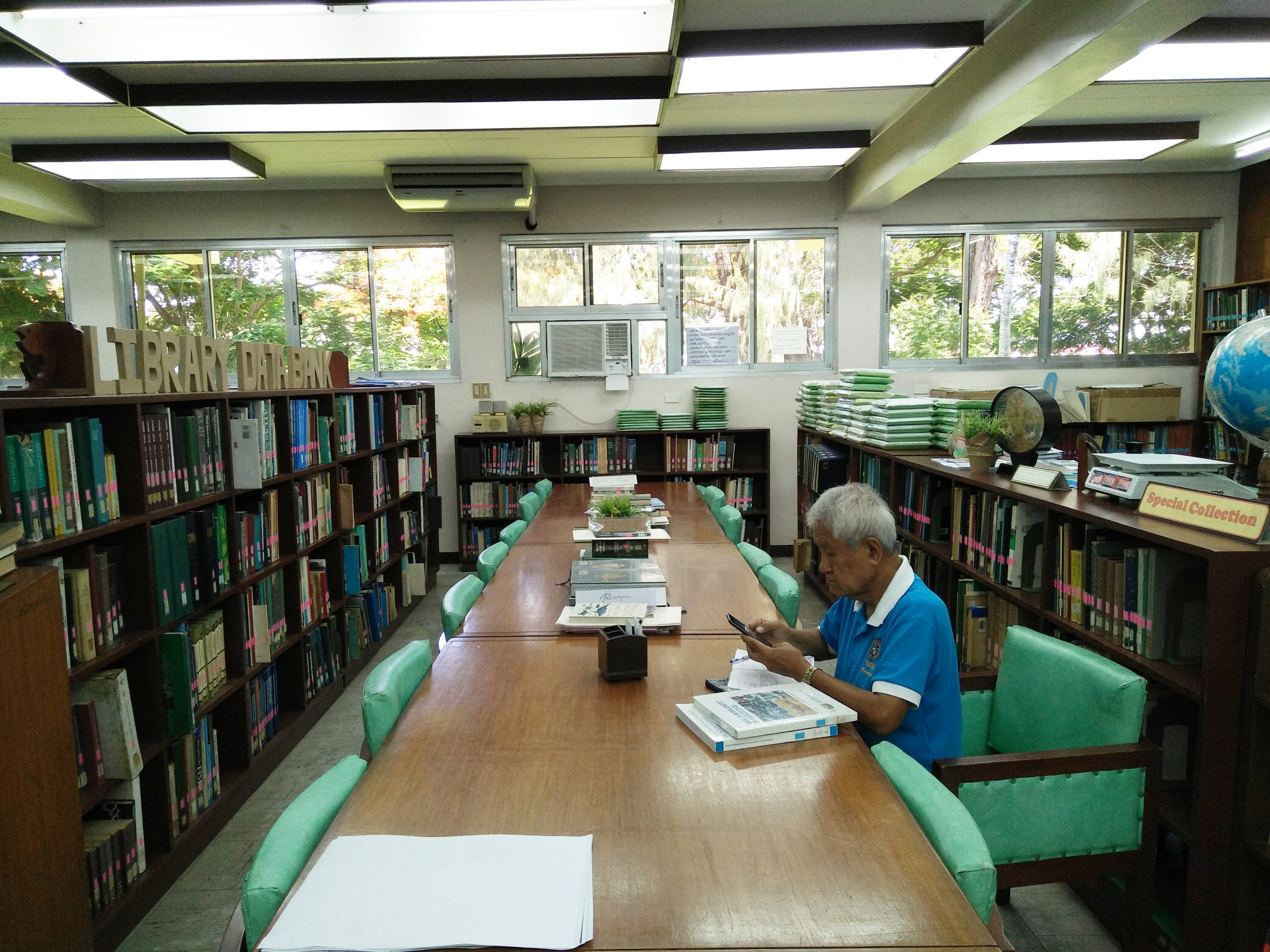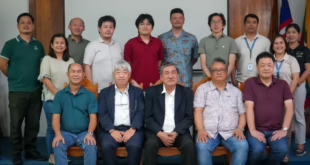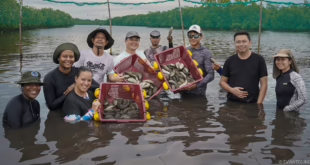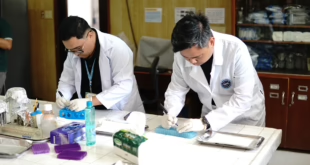
FISH farmers, researchers, students, and academics can now avail themselves of readily accessible materials, journal articles, and books written by scientists and researchers of the Southeast Asian Fisheries Development Center (SEAFDEC) – thousands of which are freely searchable and downloadable over the Internet through its digital library.
What initially started out as a space intended to store, preserve, and share the research output of experts from the Iloilo-based SEAFDEC Aquaculture Department (AQD), has grown to a large online repository of knowledge accessed by millions from all over the world.
The institutional repository received over 16.5 million searches since it was established in 2011 and was accessed over 5 million times. User information revealed that academics, researchers, fish farmers, and both private and government employees from around the world use the service.
“To date, we have a total of 3,382 items in our digital library. Those materials were downloaded over a million times, and that’s in 2019 alone,” shared Stephen Alayon, head of the SEAFDEC/AQD Library and Data Banking Services Section which established the repository now accessible at http://repository.seafdec.org.ph.
Digital libraries or repositories, such as the SEAFDEC/AQD Institutional Repository (SAIR), are information systems that store, manage, and provide access to digital content of any format.
“Through SAIR, we managed to promote publications written by our in-house scientists and researchers and helped generate higher citations through increased visibility,” Alayon said, adding that their goal for 2020 is to reach at least 20 million searches.
Easily accessible and interactive
The charm of SAIR is found in its seamless design and user-friendly interface.
“We wanted to create an organized atmosphere so that the users won’t feel overwhelmed with information,” said Elvi Nemiz who oversees and maintains SAIR.
The repository uses DSpace, an open-source software developed at Massachusetts Institute of Technology (MIT) Libraries. It is also compliant with the standards of Open Archives Initiative (OAI), an organization that works to enhance people’s access to scientific and informative materials online.
“Aside from our easy-to-use website, we also make sure that someone is always ready to answer questions from the users,” Nemiz added.
SEAFDEC/AQD has made its inquiry management mechanism easier as the users can immediately “ask a librarian” through Facebook messenger and e-mail.
“We wanted to make knowledge and information more accessible to our stakeholders from students who are working on assignments, reports, science investigatory projects, theses or advancing their degrees to fish farmers who are simply looking for solutions to their aquaculture problems,” said Alayon.
However, Alayon still encouraged students, teachers, fish farmers, and other stakeholders to visit physical libraries such as the SEAFDEC/AQD Library in Tigbauan, Iloilo, which hosts a wealth of other publications, available only in print due to copyright protection. — JM DE LA CRUZ
 SEAFDEC/AQD Southeast Asian Fisheries Development Center | Aquaculture Department
SEAFDEC/AQD Southeast Asian Fisheries Development Center | Aquaculture Department



